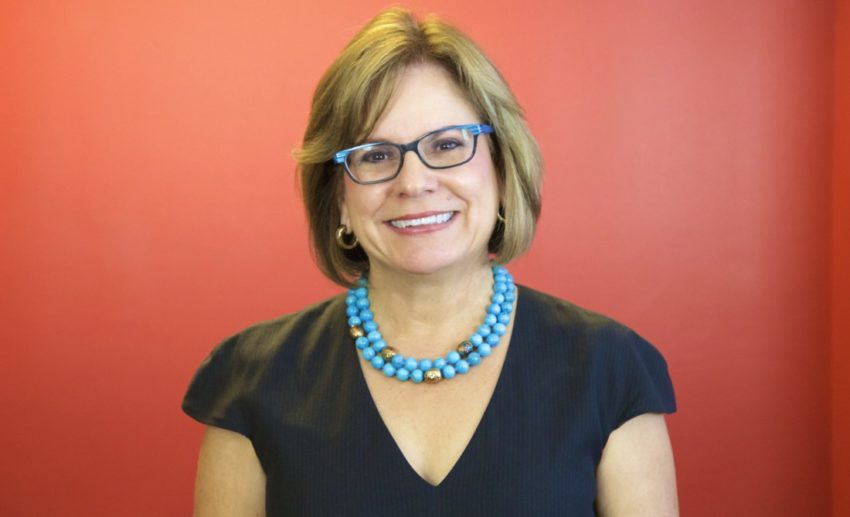Tweetchat Today (9/16): How to Create a ‘Culture of Health’ for Latinos

Editor's Note: #SaludTues is a weekly Tweetchat hosted at 1 p.m. every Tuesday on Twitter by @SaludToday, the Latino health social media campaign of the Institute for Health Promotion Research (IHPR) at The UT Health Science Center at San Antonio, the team behind SaludToday and Salud America!. Latino health is vital. But Latino families face barriers to good health—lack of access to care, parks, healthy food, as well as more junk food marketing and sugary drinks—which contribute to high obesity rates. Today let’s tweet about the issues that impact our health and well-being during Hispanic Heritage Month (Sept. 15-Oct. 15) and what we can to create a culture of health for Latino families at the inaugural #SaludTues Tweetchat. WHAT: #SaludTues Tweetchat: “How to Create ...
Read More
